What Can Not Go in a Compost? Essential Guidelines for Successful Composting
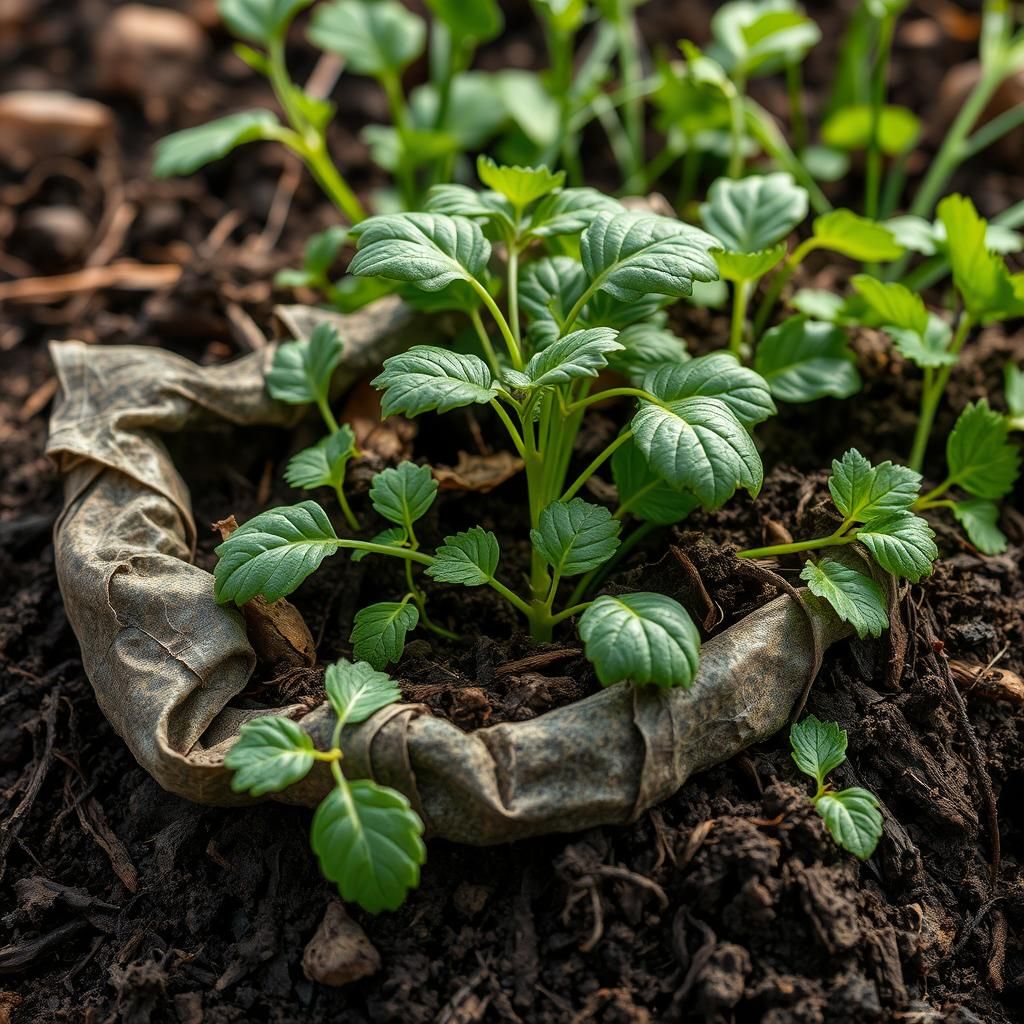
Composting is a rewarding practice that nurtures gardens and reduces waste, but not everything is suitable for the compost bin. Understanding what can and cannot be added is essential for creating healthy, nutrient-rich compost. This article provides essential guidelines on the materials to avoid, ensuring your composting efforts yield the best results. From specific food items to household waste, we’ll explore the key components that can hinder the composting process. By following these guidelines, you can achieve successful composting while promoting sustainability and environmental health. Let's dive into what to leave out of your compost pile for optimal results.
What Should Not Go in a Compost?
Composting is an excellent way to reduce waste and produce nutrient-rich soil, but not all materials are suitable for composting. Items that should not go into a compost bin include animal products, fats, oils, and certain inorganic materials, as these can attract pests, create odors, or introduce harmful pathogens. It is important to maintain a balanced compost system, and avoiding the inclusion of these unsuitable materials ensures that the composting process is effective, safe, and environmentally friendly.
Animal Products
Animal products such as meat, fish, dairy, and eggs should not be included in compost because they can attract unwanted pests like rodents and insects. Additionally, these materials can lead to unpleasant odors and may introduce harmful bacteria or parasites into the compost. This can compromise the quality of the finished compost and pose health risks, making it essential to keep animal products out of your compost bins.
Fats and Oils
Fats and oils are harmful to a compost pile as they do not break down properly and create a greasy consistency that can hinder aeration. When fats are included, they can also attract pests and create foul smells, disrupting the natural, aerobic conditions needed for successful composting. It's best to discard cooking oils and other fatty substances in the trash or recycle them where appropriate, rather than adding them to compost.
Inorganic Materials
Inorganic materials such as plastics, metals, and glass should never be included in a compost pile. These materials do not decompose and can contaminate the compost, making it unsuitable for gardening or landscaping use. Furthermore, the presence of inorganic materials can leach harmful chemicals into the soil over time, thus posing risks to plants and the local ecosystem.
Certain Types of Paper
While some paper products can be composted, certain types should be avoided. For instance, paper that is glossy or coated, such as magazine pages or laminated paper, often contains chemicals and dyes that can leach into the compost and harm soil health. Additionally, colored paper and any paper products that have been treated with chemicals should also be excluded to maintain the integrity of the compost.
Diseased Plants
Including diseased plants in your compost is not advisable, as the pathogens present can survive the composting process and lead to the spread of disease in your garden soil. If you have plants affected by pests or diseases, it is best to dispose of them through municipal yard waste services or by burying them deeply away from garden areas. By keeping diseased materials out of compost, you ensure a healthier compost and garden environment.
| Materials to Avoid | Reasons |
|---|---|
| Animal Products | Attract pests and can introduce harmful bacteria. |
| Fats and Oils | Hinder aeration and create odors; attract pests. |
| Inorganic Materials | Do not decompose and contaminate the compost. |
| Certain Types of Paper | Contains chemicals that can leach into the compost. |
| Diseased Plants | Can spread disease in the garden. |
What should you not put in compost?
:max_bytes(150000):strip_icc()/thingstonevercompost-e693cac2fe544c6b8a50489412d18205.png)
Composting is an excellent way to recycle organic waste, but not all materials are suitable for composting. Certain items can introduce pathogens, toxins, or undesirable odors, which can undermine the composting process. Here’s a detailed breakdown of what you should not put in compost.
Kitchen Scraps to Avoid
Certain kitchen scraps can be detrimental to your compost pile. While many food waste items are great for composting, others can attract pests or create odor problems. It's essential to avoid:
See also: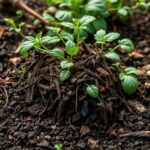
- Meat - Decomposing meat can attract rodents and create unpleasant odors.
- Dairy Products - Similar to meat, dairy can also produce odors and attract unwanted animals.
- Oils and Fats - These can hinder the composting process and create a slimy mess.
Garden Waste to Exclude
While many garden waste items are suitable for composting, some must be left out to maintain a healthy balance in the compost pile. Exclude:
- Diseased Plants - Composting diseased plants can spread pathogens to healthy plants when the compost is used.
- Weeds with Seeds - Weeds that have gone to seed can result in sprouting weeds when the compost is applied.
- Citrus Peels - High acidity in citrus can inhibit microbial activity, potentially disrupting the composting process.
Items Containing Chemicals
Avoid adding any materials that contain chemicals to your compost. These can negatively impact the soil quality and health of plants. Be aware of:
- Pesticides - Residues from pesticides can destroy beneficial microorganisms in the soil.
- Herbicides - Similar to pesticides, herbicides can have lasting effects on soil health.
- Plastic Materials - Non-biodegradable plastics can contaminate the compost and soil.
Animal Products and Manure
While some types of manure can be beneficial, it's crucial to be selective regarding animal products and manure you include. Refrain from composting:
- Cat Litter - Can contain harmful pathogens that are harmful to humans.
- Dog Waste - Similar to cat litter, dog waste can spread diseases.
- Unpasteurized Manure - Can harbor pathogens that may be harmful when used in gardens.
Non-Organic Materials
It's important to keep non-organic materials out of your compost. These can disrupt the composting process and lead to environmental issues:
- Glass - Completely non-biodegradable and can be hazardous when handling compost.
- Metals - Like glass, metals do not decompose and can contaminate your compost.
- Styrofoam - Non-biodegradable and contributes to pollution; it should never be composted.
Can toilet paper go in compost?

Yes, toilet paper can generally go in compost, but there are several factors to consider to ensure that it does not negatively impact your compost pile. Toilet paper is typically made from biodegradable materials, making it a suitable candidate for composting under certain conditions. However, it is essential to ensure that the toilet paper does not contain non-biodegradable substances or harmful chemicals.
What is Composting?
Composting is the natural process of recycling organic materials, such as food scraps and yard waste, into a valuable soil amendment known as compost. During composting, microorganisms break down organic matter, transforming it into nutrient-rich material, which can be used to enhance soil fertility.
- Reduces Waste: Composting diverts items from landfills.
- Nourishes Plants: Adds essential nutrients back into the soil.
- Improves Soil Structure: Enhances soil aeration and moisture retention.
Is Toilet Paper Biodegradable?
Toilet paper is primarily made from paper, which is biodegradable and can decompose over time. Most commercial toilet papers are made from recycled materials or sustainably sourced wood pulp. However, it is essential to check that the toilet paper does not contain additives like dyes or chemicals that may hinder decomposition.
- Material Composition: Check if it is made from pure recycled paper.
- Absence of Chemicals: Avoid brands with fragrances or dyes.
- Thickness: Thinner toilet paper breaks down more easily.
How to Compost Toilet Paper Correctly?
When composting toilet paper, it's crucial to ensure it is added in the correct way to maximize its benefits while minimizing potential issues. Here's how to compost toilet paper effectively:
- Limit Quantity: Do not overload your compost; use it in moderation.
- Shredding: Consider tearing or shredding the paper to aid decomposition.
- Mix with Green Materials: Combine it with nitrogen-rich materials like food scraps.
Potential Issues with Composting Toilet Paper
Although toilet paper is often compostable, there are some potential issues to be aware of when adding it to your compost. These issues can impact the quality of your compost.
See also: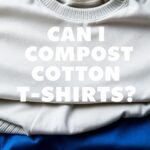
- Contamination: Toilet paper used for personal hygiene may carry pathogens.
- Slow Breakdown: Thick toilet paper may take longer to decompose.
- Smell: If not managed properly, compost may develop unpleasant odors.
Alternatives to Toilet Paper in Compost
If you are concerned about composting toilet paper, there are several alternatives you can consider that may offer similar benefits while being more environmentally friendly.
- Biodegradable Wipes: Look for wipes labeled as compostable.
- Reusable Cloths: Use cloths that can be washed and reused.
- Water: Consider using water for cleaning, which eliminates waste.
What fruit should not be composted?
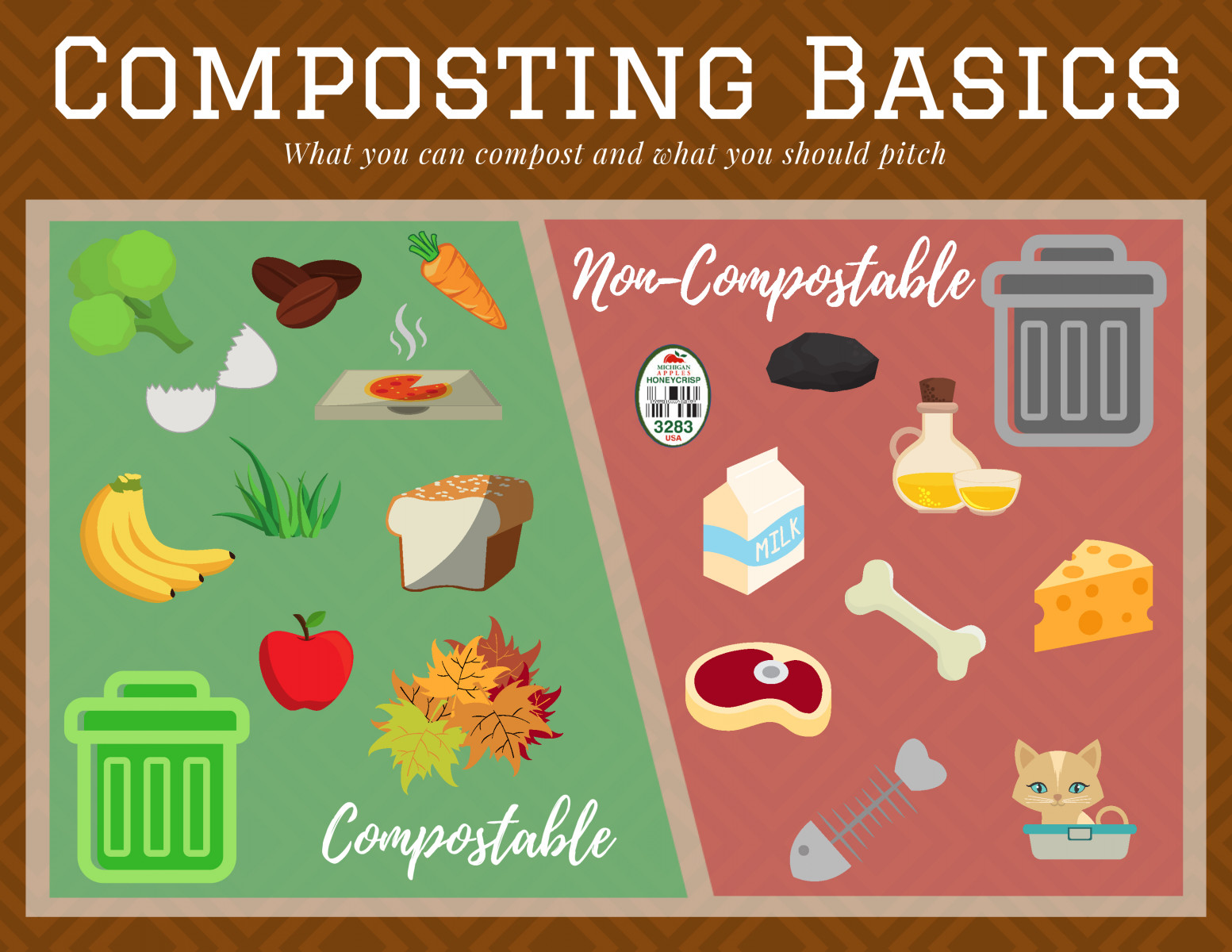
Certain fruits are better off not being composted, primarily due to their potential to attract pests, create odors, or introduce diseases into a compost pile. Here is a detailed look at some fruits that should be avoided in composting.
1. Citrus Fruits
Citrus fruits, such as oranges, lemons, limes, and grapefruits, are often debated in the composting community. While they are rich in nutrients, their high acidity can create an imbalance in the compost pile. Additionally, citrus peels can take a long time to decompose, and they may attract unwanted pests.
- High acidity: Can alter the pH balance of compost.
- Pest attraction: May draw in fruit flies and other insects.
- Long decomposition time: Peels can linger in the pile without breaking down.
2. Banana Peels
Banana peels are another controversial addition to compost. While they are often praised for their nutrient content, they can introduce fungus and attract pests if not managed properly. Moreover, their slow decomposition can lead to unpleasant odors.
- Fungal introduction: Can promote the growth of unwanted fungi in the compost.
- Pest magnet: May attract fruit flies and insects.
- Unpleasant odors: Can create a smelly compost pile if not covered properly.
3. Avocado and Olive Pits
The pits of avocados and olives pose a challenge in composting. While the fruit itself is biodegradable, the pits can take a considerable amount of time to decompose, leading to a less efficient compost process.
- Long decomposition: Pits can last years in compost if not broken down.
- Space consumption: Takes up valuable space in the compost pile.
- Potential toxic compounds: Leaves behind chemicals that might disrupt microbial activity.
4. Stone Fruits
Stone fruits, including peaches, cherries, and plums, have hard pits that also do not decompose easily. These pits not only take a long time to break down, but they could also lead to issues with pests or diseases, particularly if the fruit was not fully ripe or spoiled.
- Pest Encouragement: Unripe or spoiled fruits can attract fruit flies.
- Hard pits: Slow to break down and may persist in the compost.
- Risk of disease: Spoiled fruit can introduce pathogens into the compost.
5. Grapes
Grapes should also be avoided in compost. They can ferment rapidly and create odors, which may attract unwanted pests. Additionally, their high sugar content can lead to an imbalance in the compost process.
- Fermentation risk: Can create unpleasant smells and attract pests.
- High sugar content: May cause an imbalance in nutrient levels.
- Pest attraction: Fermenting grapes are particularly appealing to insects.
Questions from Our Readers
What materials should I avoid putting in my compost?
The materials to avoid include meat, dairy products, and oils, as they can create odors and attract pests. Additionally, avoid processed foods and seeds from weeds, which may germinate in the compost.
Can I compost pet waste?
It's generally not recommended to compost pet waste, particularly from dogs and cats, because it can contain harmful pathogens and parasites that can survive the composting process and pose health risks.
See also: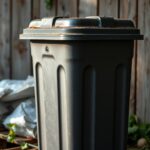
Are there any types of paper I shouldn't compost?
Yes, avoid composting paper that is glossy, coated, or contains ink and chemicals as these can be harmful to the compost's microbial ecosystem and may not break down properly.
Is it okay to add chemically treated lawn clippings to my compost?
No, you should refrain from adding chemically treated lawn clippings to compost, as they can introduce pesticides and herbicides that may harm beneficial microorganisms in the compost pile.
https://youtube.com/watch?v=U98x8zQK9AQ
If you want to read more articles like What Can Not Go in a Compost? Essential Guidelines for Successful Composting, we recommend you check out our Compost category.
Leave a Reply
Related Articles